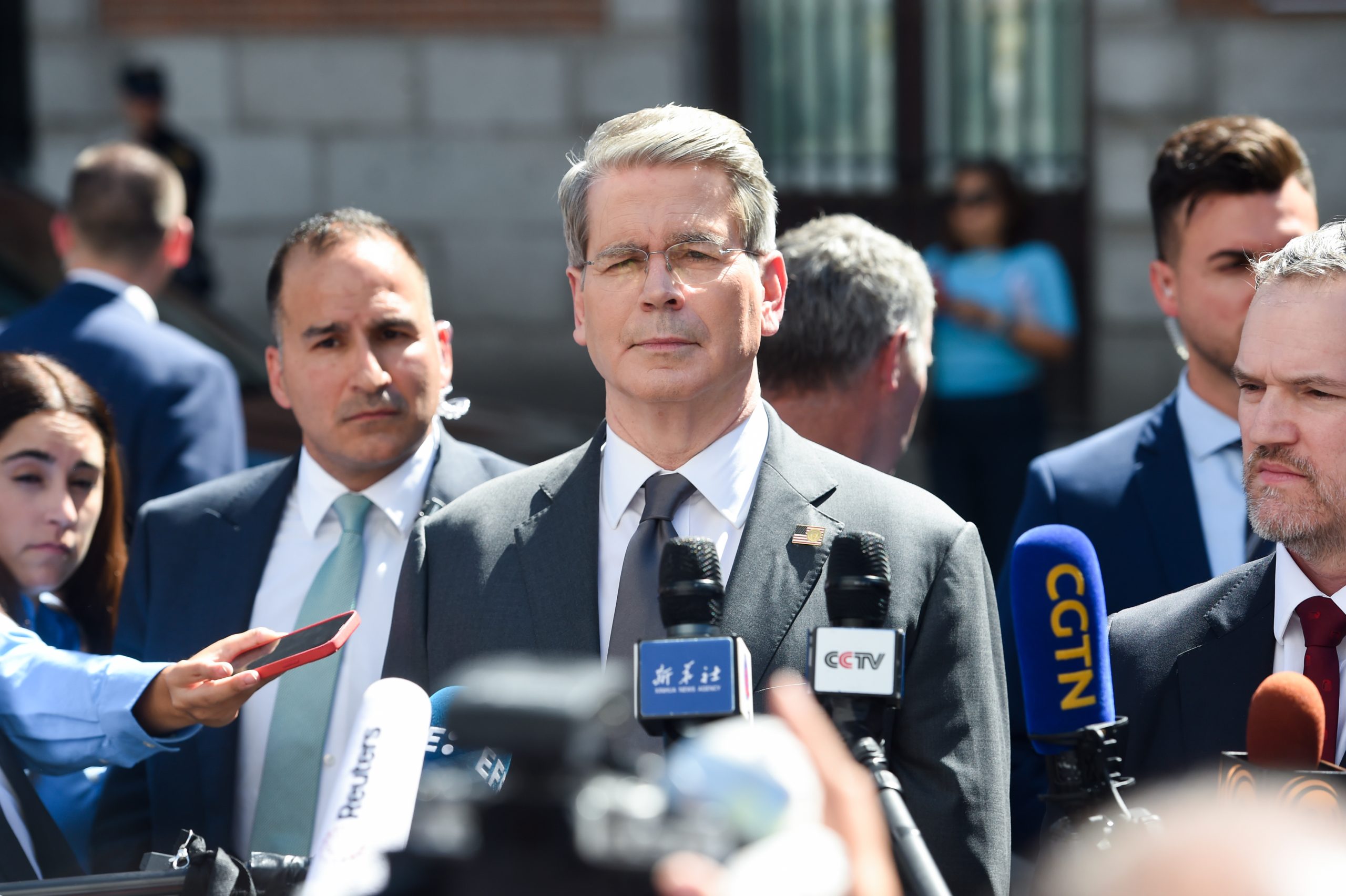A Last-Minute Reprieve? Trump Administration Strikes TikTok Deal
The Trump administration announced a tentative agreement with TikTok, averting a nationwide ban initially slated for January 2025. This eleventh-hour deal, reached just days before the September 17th deadline, marks a significant shift in the ongoing saga surrounding the popular video-sharing app and its Chinese owner, ByteDance. The details remain shrouded in secrecy, leaving many questioning the specifics and potential long-term ramifications of this compromise. The original congressional mandate, demanding a sale of TikTok’s US operations to an American entity, was unmet, prompting a series of executive orders delaying the ban. This latest agreement appears to sidestep that requirement, raising concerns about national security and data privacy.
National Security Concerns Remain Center Stage
The core of the controversy has always centered on national security concerns. Critics, including several members of Congress, have consistently voiced fears that ByteDance’s ownership of TikTok could allow the Chinese government access to sensitive US user data, potentially posing a threat to national security. This concern isn’t entirely unfounded, given the close relationship between Chinese tech companies and the Chinese government. While the specifics of the newly announced deal remain undisclosed, the lack of a complete divestment raises questions about whether these concerns have been adequately addressed. Will the agreement include robust data security measures and independent oversight? These are critical questions that require immediate clarification.
The Price of Avoiding a Ban: Unanswered Questions
While the avoidance of a ban is presented as a victory for TikTok and its users, the long-term costs remain uncertain. What concessions has ByteDance made? Has the administration compromised on its initial demands for a complete sale? Has the deal addressed concerns about censorship or algorithmic manipulation? The lack of transparency surrounding the agreement fuels speculation and raises concerns about potential backroom deals that prioritize political expediency over national security. The administration’s reluctance to publicly disclose the terms only amplifies these anxieties. Further scrutiny is needed to ensure that the agreement doesn’t create new vulnerabilities or undermine the principles of data privacy and national security.
Conclusion: A Cautious Optimism
The Trump administration’s announcement provides a temporary reprieve for TikTok, but it doesn’t fully resolve the underlying concerns. The lack of transparency and the absence of detailed information surrounding the agreement leaves many unanswered questions. Until the specifics of this deal are publicly revealed and thoroughly analyzed, a cautious optimism remains the most appropriate response. This situation highlights the complex interplay between national security, technological innovation, and international relations in the digital age, demanding careful consideration and open dialogue. The coming days and weeks will be crucial for understanding the true nature of this agreement and its implications for the future of TikTok in the United States.
Based on materials: Vox





